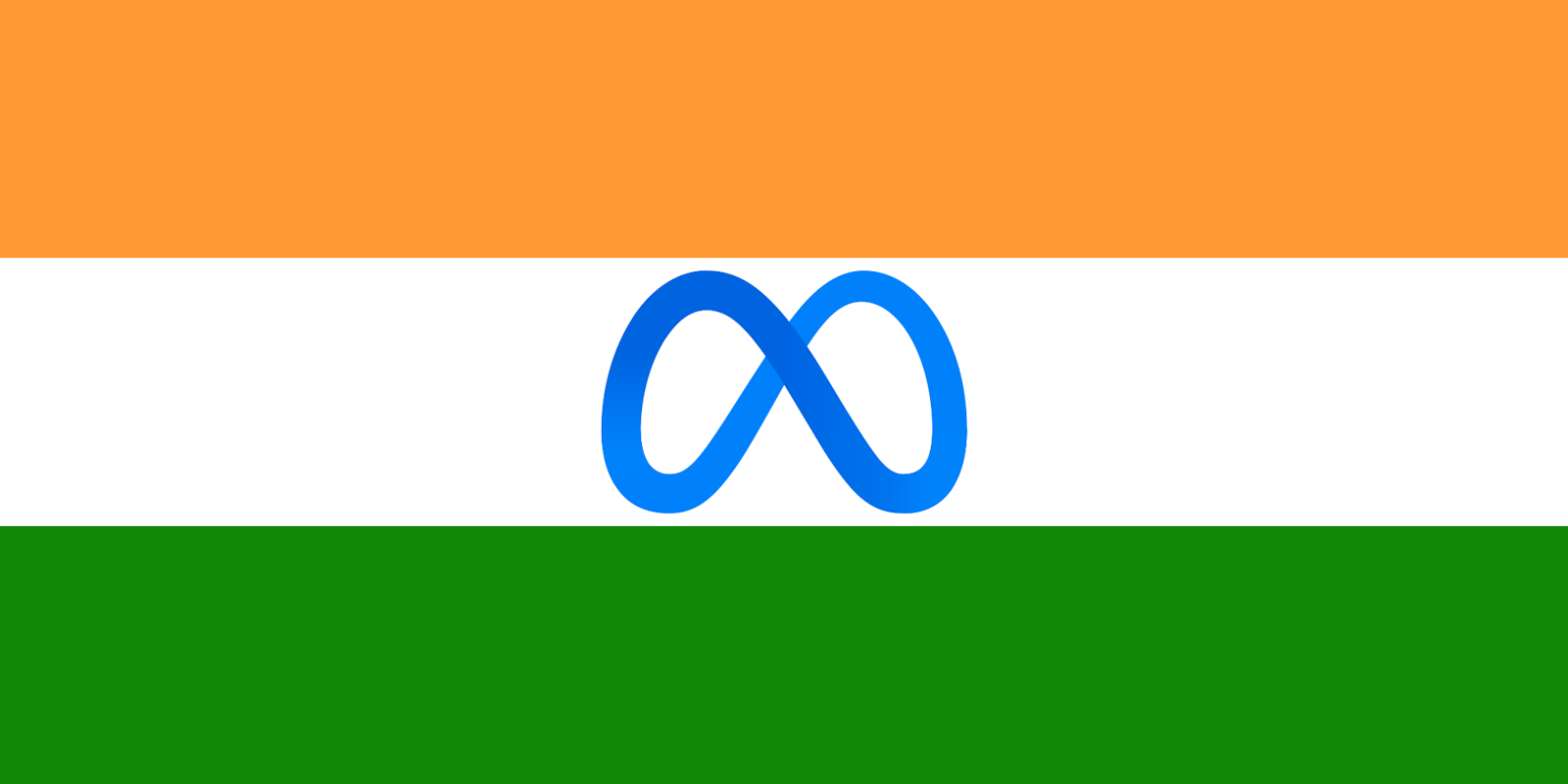Meta is denying claims from an independent media organization in India that accused the tech giant of giving a local politician the ability to take down posts on Instagram.
The sensational story, published by The Wire this week, asserted that as many as seven Instagram posts from a satirical account were removed purely for political reasons without any oversight.
The Wire further claimed that the removals were made by Amit Malviya, president of the Bharatiya Janata Party’s (BJP) IT Cell. The department, used by the party for managing social media campaigns, has repeatedly been accused of orchestrating intimidation campaigns against its critics.
Evidence for the claim, The Wire says, comes from internal documents that purport to show not only Malviya’s involvement in Meta’s “XCheck” or “Cross Check” program but a report on one of the allegedly flagged posts. The Cross Check program, according to Meta, was built to prevent potential over-enforcement mistakes.
Shortly after, The Wire dropped an even more sensational story that allegedly included screenshots of an email from Meta executive Andy Stone demanding to know how the documents leaked. The screenshots, The Wire argued, were further proof of the reporting’s accuracy.
“Yesterday, we reported that @amitmalviya has ‘XCheck’ status, giving him the ability to take down Insta posts,” The Wire tweeted. “Meta’s @andymstone replied saying our documentation was fabricated. So why did he send an email asking how it was leaked?”
In response, Meta CISO Guy Rosen issued a stern denial on Twitter by calling both reports “fabricated.”
Rosen proceeded to point to numerous inconsistencies in the reporting that clearly indicated the documents had not originated from Meta.
The document cited by The Wire, Rosen says, is alleged to have come from an internal Meta webpage that doesn’t even exist.
“The URL on that ‘report’ is one that’s not in use,” Rosen said. “The naming convention is one we don’t use. There is no such report.”
Rosen also added that the supposed email address used by Stone in the allegedly leaked email isn’t accurate either.
“These accusations are outlandish and riddled with falsities,” Rosen wrote. “Let’s hope @thewire_in is the victim not the perpetrator of this hoax.”
Given the long string of controversies from Meta, formerly known as Facebook, many online will likely be quick to question the company’s denials. Yet even some of Meta’s critics are poking holes in The Wire’s reporting.
Shoshana Wodinsky, a prominent tech reporter with MarketWatch, also pointed to many of the same issues as Rosen after reading the outlet’s reports.
Alex Stamos, the former Facebook chief security officer who left the company in 2018 after unsuccessfully advocating for the disclosure of more data about Russian election interference, even suggested that the so-called leak may have been part of an effort to harm BJP’s critics.
“The Wire just destroyed their credibility, the BJP is setting up a government agency to oversee content moderation and Facebook’s products will be extremely important in the 2024 elections so, yeah, this could have been an extremely successful op against opposition journalism,” Stamos wrote.
Stamos and others are now calling on The Wire to release the raw files it was allegedly given in order to analyze their metadata.
If the metadata proves that the highly suspicious documents are fake, it may be a massive mistake by an independent press already facing tough crackdowns in India.



